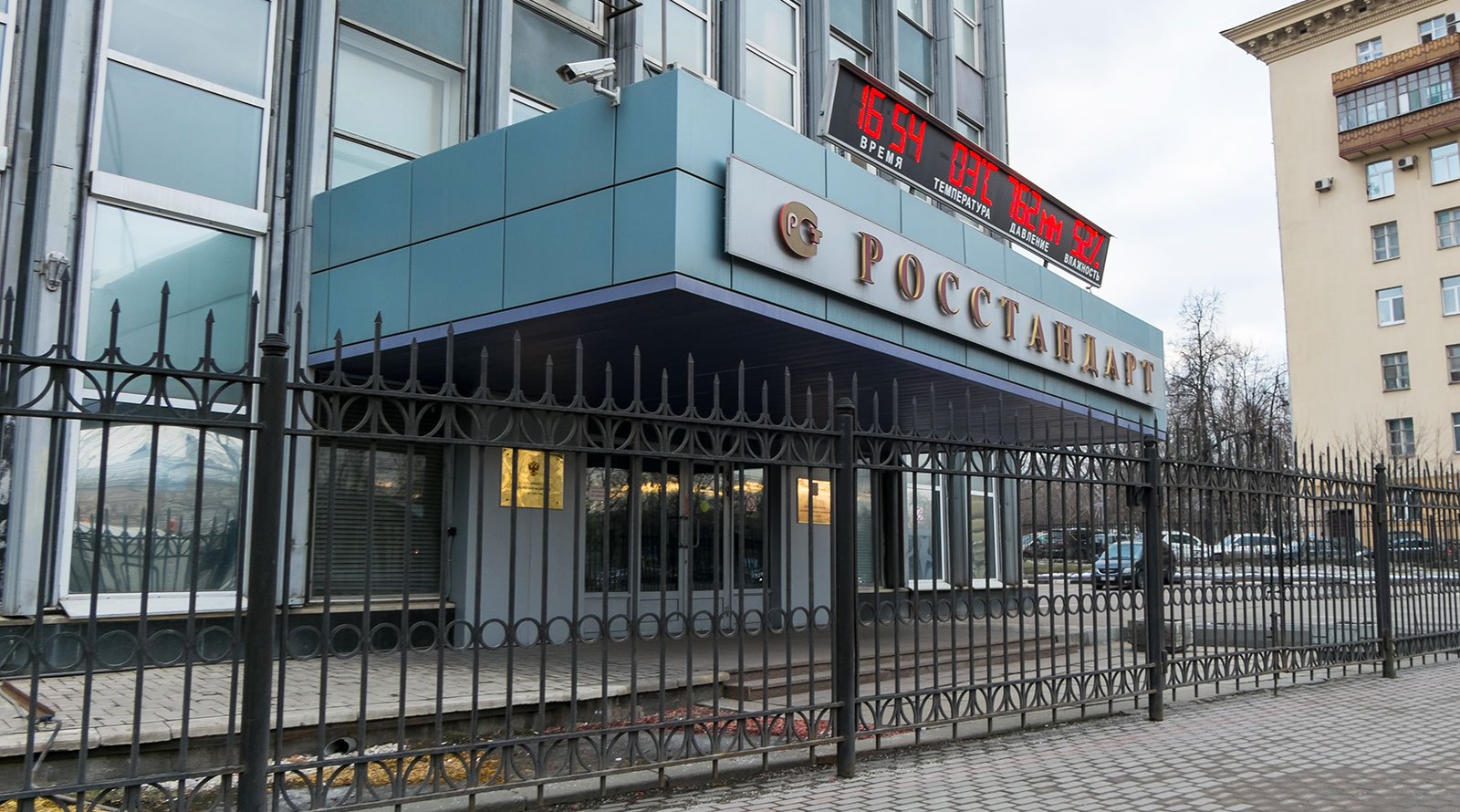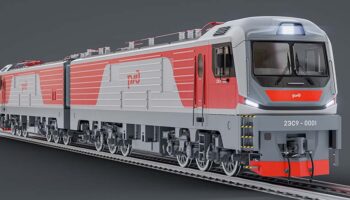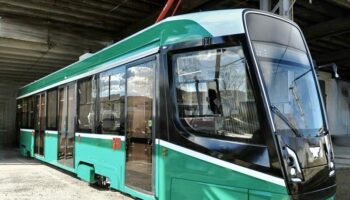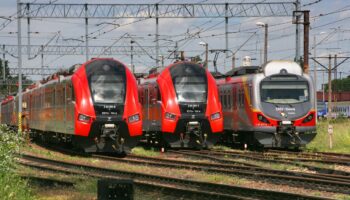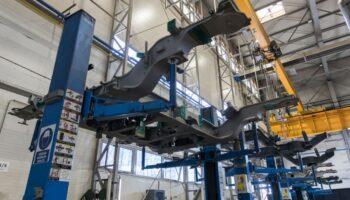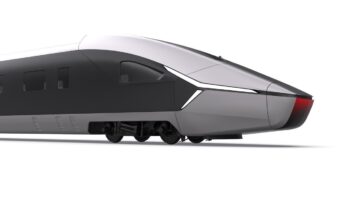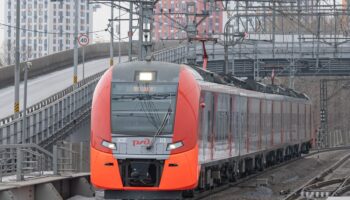Russia: Early in November Russian Federal Agency on Technical Regulating and Metrology (Rosstandart) approved the National Standardisation Program (NSP) for the upcoming year. According to the state body, technical committees (TK) have submitted more than 1,700 new topics for development, and in total work will be carried out on more than 4,800 documents. As to NSP, the TK 045 “Railway Transport” plans to submit 13 drafts of the first edition standards in 2022, the TK 150 “Metro systems” – 10.
In NSP-2022, a considerable attention is paid to the creation of a regulatory framework for the hydrogen fuel introduction. In particular, it is planned to revise its technical conditions, general requirements for the safety of hydrogen systems, develop requirements for fuel cells and their components, filling stations, cryogenic equipment, including fuel tanks. Almost all work is supposed to be carried out at the expense of developers. At the same time, the state budget funds will be forwarded to develop a standard that defines the general requirements for the operation of the transportation and storage of liquid hydrogen systems. Its approval is scheduled for April 2023. The work is supervised by the TK 029 “Hydrogen Technologies”.
It is also expected to develop many standards related to the introduction of AI technologies. The main part of the work is carried out by the specialized TK 164 “Artificial Intelligence”. It has announced a number of projects at the expense of the state budget, and their scope of work includes the formation of general technical requirements for AI systems of industrial transportation autonomous traffic control and for machine vision systems, as well as the development of basic provisions on AI in machinery.
Additionally, the TK 022 “Information Technologies” with the state investment assistance should develop the first edition of the general requirements for automated control systems by the end of August 2022. In turn, the TK 045 at the expense of developers’ funds plans to prepare standards that determine methods for monitoring of the rolling stock control systems in automatic and remote modes, as well as approving general technical requirements for a unified time system for automated railway transport.
Among the TK 045 new topics there also are the requirements for the design, implementation and quality control of rolling stock steel structures, a method for the time determination of LNG non-drainage storage in locomotives, general technical conditions for onboard cryogenic tanks for LNG locomotives, revision of the procedure for rolling stock developing and launching in production and etc.
The TK 150 has stated such topics as the development of test methods for the rolling stock compliance to the requirements of sanitary and epidemiological safety, general safety requirements and test methods for batteries, requirements for the driver’s seat, door equipment, etc.
The announced works in the areas of sustainable development and the implementation of the Industry 4.0 concept are also noteworthy. The TK 483 “Circular Economy, Shared Consumption and Sustainable Financing” should provide a draft standard of sustainable development terms and definitions, and the TK 115 “Sustainable Development of Administrative Territorial Entities” is going to develop standards for indicators and evaluation of innovative and production activity of industrial enterprises.
The TK 461 “Information and communication technologies in education” should develop general requirements for the “Industry 4.0” standards system and a number of related documents. In turn, the TK 700 “Mathematical Modeling and High-Performance Computing Technologies” plans to prepare general requirements for certification of computer models, as well as requirements for digital test grounds.



